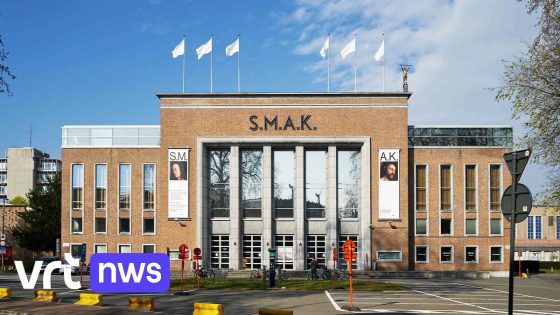The city of Ghent is taking action to address ongoing complaints about toxic leadership at the SMAK (Stedelijk Museum voor Actuele Kunst). By the end of next month, officials plan to release a report that includes feedback from staff members. Is it time for change in Ghent’s cultural institutions?
- Gent requests new evaluation of SMAK operations.
- City aims for report by end of next month.
- Staff findings will be included in the report.
- Ongoing complaints about toxic leadership addressed.
- University suspends internships in response.
- Unions demand director's resignation.
On February 26, 2025, the city emphasized its commitment to creating a safe working environment amid calls for the director’s resignation and suspension of internships by the university’s Art Sciences department.
Ghent’s Urgent Review of SMAK: Addressing Workplace Concerns
Why are employee concerns being taken so seriously? The city recognizes that a healthy work culture is essential for creativity and productivity. With numerous complaints surfacing, including demands from unions for leadership changes, Ghent is prioritizing this issue.
SMAK Evaluation: What Changes Could Be Coming Soon?
The upcoming report will analyze various aspects of SMAK’s operations. It aims to gather insights on employee experiences and identify areas needing improvement. This proactive step may set a precedent for other organizations facing similar challenges.
Understanding Toxic Leadership: Key Indicators and Effects
Toxic leadership can have serious repercussions on team morale and overall productivity. It’s vital to recognize signs early:
- Lack of communication or transparency
- High turnover rates among staff
- Diminished employee engagement
- Pervasive feelings of fear or anxiety in the workplace
The Role of Feedback in Organizational Change Initiatives
A robust feedback mechanism allows employees to voice their concerns without fear. Encouraging open dialogue can lead to significant improvements in workplace culture:
- Anonymous surveys can provide honest insights.
- Regular check-ins foster trust between management and staff.
- Acknowledging feedback leads to actionable change.

































